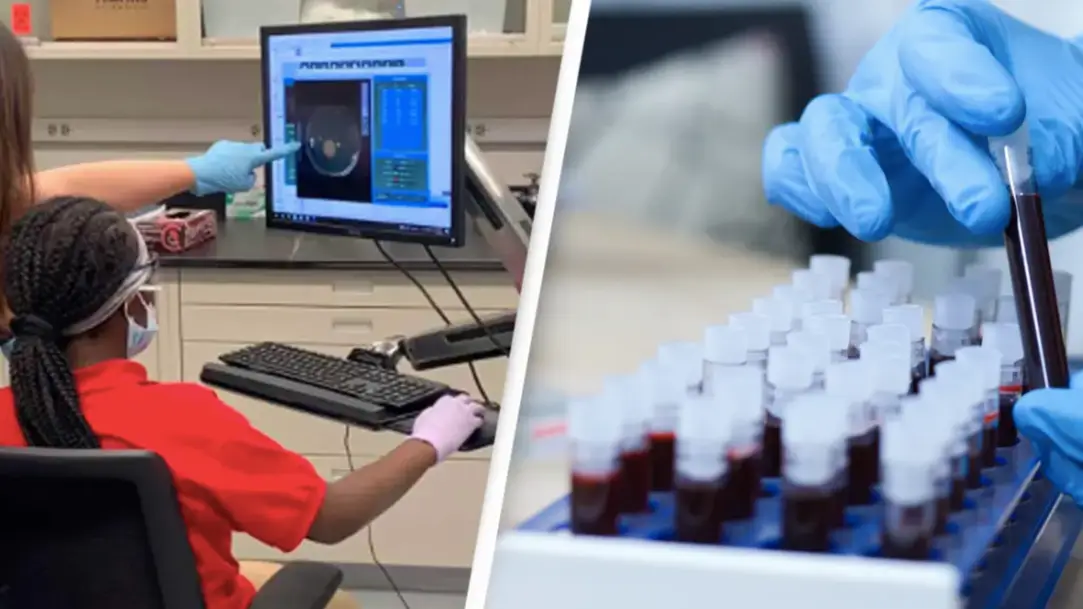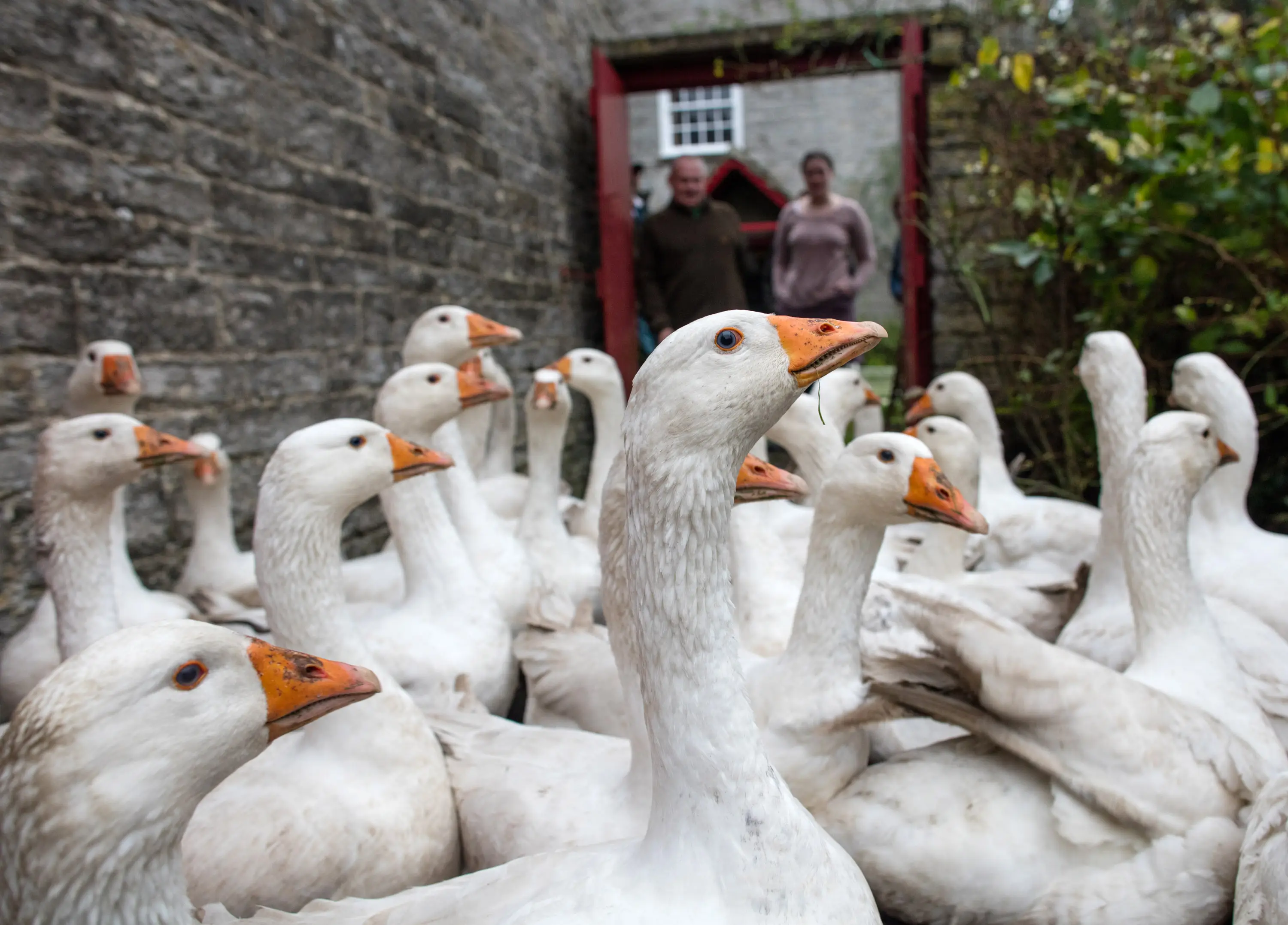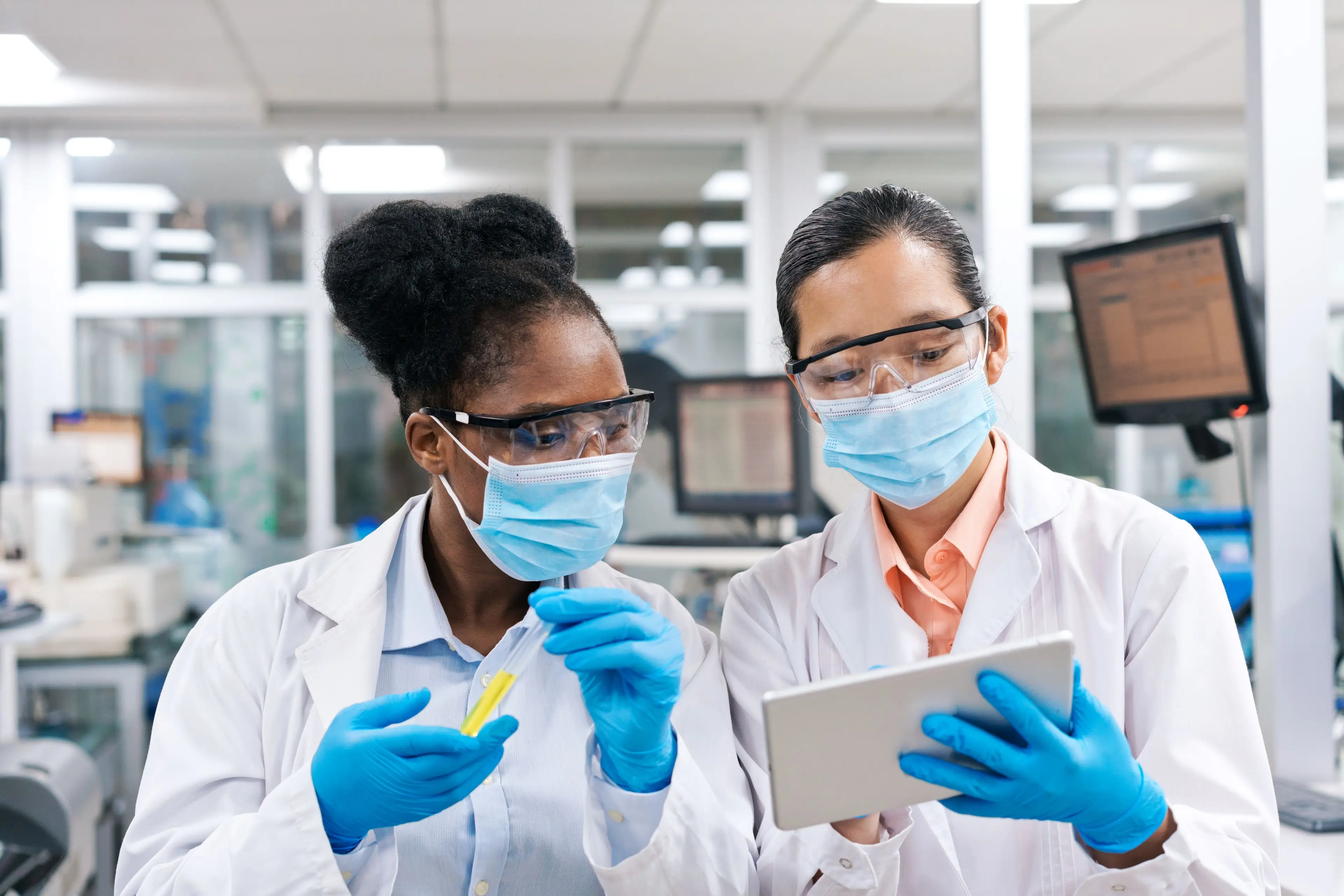
A middle school student has discovered a groundbreaking compound with the poo-tential to safeguard against cancer.
Camarria Williams collected goose droppings from a pond near Garfield Park in Chicago as part of a science project in collaboration with the University of Illinois Chicago (UIC).
Laboratory tests showed that the excrement contained a compound that had never been seen before which slowed the growth of human melanoma and ovarian cancer cells.
Williams was one of a handful of middle school students taking part in the 14-week science program which focused on growing antibiotics from bacteria discovered from natural sources.
Advert
All the kids were aged between 11 and 14 and selected different things in their environment to sample for bacteria. Some of the students chose lake water, insects, flowers, a playground slide, and an air conditioning filter.

Under the supervision of Professor Brian Murphy and researchers from UIC, they collected 40 samples and performed over 5,500 tests. Some were then chosen for further analysis and the most promising samples were screened by UIC graduate students and postdoctoral mentors.
Williams’ goose dropping sample revealed a new compound scientists had not seen before. A press release published by the American Chemical Society explains one of the 14 samples of goose poo collected contained a strain of bacteria called Pseudomonas idahoensis. Research found it had antibiotic activity and produced a never-before-seen compound.
University researchers then determined the compound’s molecular structure using nuclear magnetic resonance and mass spectrometry. They named the compound orfamide N.

This compound was not responsible for the antibiotic activity the team originally observed from P. idahoensis, it did inhibit the growth of human melanoma and ovarian cancer cells in culture tests.
The discovery has made scientists excited because further tests and studies could potentially reveal further beneficial properties, the press release explains.
The incredible findings have been published in the journal ACS Omega, with Williams credited as a co-author.
Williams was recruited through the Boys & Girls Club of Chicago.
The press release says the purpose of the program is due to, 'inequities in educational resources, especially those in science, engineering, technology and math (STEM), where experiments are expensive, have kept some students underrepresented in these fields'.
It adds that engaging young learners in real, high-quality research, the kids have a chance to learn and 'see themselves as scientists and explore careers in science with hands-on experience'.
